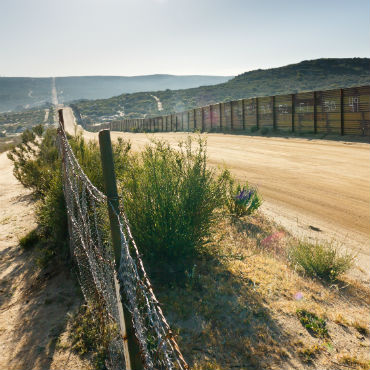Body cameras not ready for prime time at CBP
A report from Customs and Border Protection found several key barriers to equipping agents with body-worn cameras, including IT infrastructure and support.

What: A feasibility study by Customs and Border Protection on the use of body-worn cameras by its field agents.
Why: The use of body-worn cameras by local police forces nationwide has skyrocketed. CBP Commissioner R. Gil Kerlikowske said in mid-November that the agency would start issuing such cameras to its agents.
CBP believes the gear could help reduce the number of frivolous lawsuits against the agency, contribute evidence in criminal cases, improve training of border agents and in general enhance the quality of agents' interactions with the public.
However, according to the agency's assessment, there are some significant challenges to a broad, rapid rollout of the technology, including issues related to cybersecurity, data processing, equipment durability, operations and policy.
Specifically, the software that runs the cameras "may pose a significant vulnerability and security risk to CBP through the availability of Bluetooth capabilities, interactive apps and a lack of adequate security features." The report also states that streaming video and interfacing with non-CBP-approved devices could pose problems, and the cameras' signals could be susceptible to hacking.
The report states that CBP would have to develop or buy a reliable back-end system to manage and store the heavy load of video footage generated by the cameras. That system would have to be able to delete footage after a predetermined retention period expires, prevent tampering and viewing by unauthorized people, and preserve chain of custody for evidence.
The technology would also generate expenses related to future technology enhancements, infrastructure improvements, storage and staffing.
In addition, the hot, dusty outdoor environment in which CBP officers work along the country's southern border would hamper the effectiveness of the cameras.
Verbatim: "While there are many [body-worn cameras] in the marketplace today, it is vital to recognize that most were not designed to meet the rigors required by CBP officers and agents. As such, these BWCs tend to provide limited effectiveness, and for the most part are not suited for CBP operational use. While the concept of BWCs has potential benefits for CBP, there are operational requirements that need to be met, policies that need to be developed, and issues that need to be resolved before a BWC solution is deployed."





